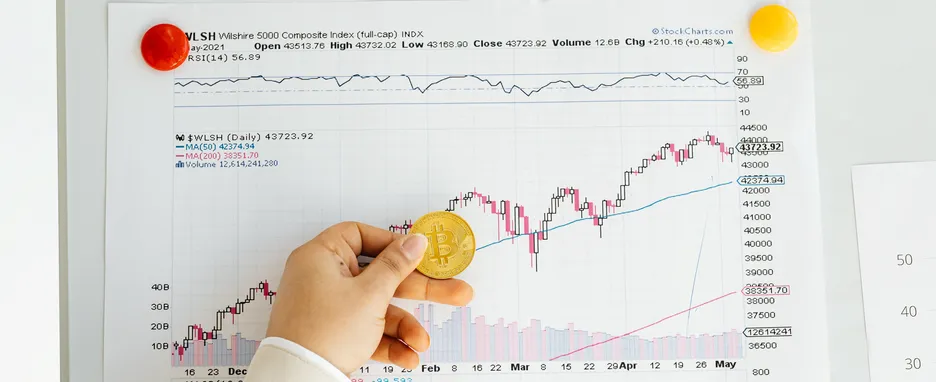Project Description
Decentralized Financial (DeFi) services, build on public blockchain networks, are one of the most vibrant and fastest-growing technology innovations in the financial sector today. Implementing existing financial services in more efficiently as well as introducing entirely new financial possibilities, DeFi sets out to become the new global financial infrastructure.
Blockchain and Distributed Ledger Technology (DLT) allow these services to be decentralized, trustless, permissionless, transparent, and fully automated through programmable smart contracts executing transactions. This architecture makes traditional intermediary services obsolete, being a major threat to legacy players within the financial services market. The total value locked in smart contracts, taken as a key metric to measure the size in DeFi, rose from $600 million at the beginning of 2020 to $250 billion at the beginning of 2022. Compared to around $350 trillion of funds moved yearly within the traditional financial market, DeFi is still insignificant. In addition, DeFi currently faces several challenges, including regulatory issues, ease of use, as well as technical & market risks. Despite these obstacles, DeFi sets out to become a major new financial paradigm that may have a major impact on legacy players within the existing financial services market.
This project aims to obtain a better understanding of how DeFi may seed into the traditional financial service market in the (near) future. Within a broadly designed survey among (inter-)national DeFi market players as well as systematically analyzing interviews with experts in the field this research project will draw a clear picture of the current status as well as potential prospects of the DeFi ecosystem.
Christoph Gschnaidtner
Christoph Gschnaidtner holds a Master of Science in Financial Mathematics and a Master of Science in the Bavarian elite graduate program Finance & Information Management, both from Technical University of Munich (TUM). He is currently a Research Fellow at the Department of Economics at the TUM School of Management, a member of the TUM Blockchain Research Cluster as well as a lecturer at the ADG Business school/Steinbeis-University. His research interests lie in the area of FX markets and the money of the future, Decentralized Finance, model calibration, and stochastic volatility models. Besides his academic career, he also has diverse working experience in the financial industry.
Dominik Haas
Dominik Haas is in his final steps of the Master's program Management & Technology at TUM) His majors are Mechanical Engineering as well as Marketing, Strategy, and Leadership. During his studies, he gained professional experience in the manufacturing industry, at a Fortune 500 company, at an IT service provider, and at a fast scaling start-up. He has worked on topics including but not limited to data analysis, project management as well as corporate presentation. Currently, he is conducting research on the impact of Decentralized Finance on the financial sector as part of this research project.
Emanuel Renkl
Emanuel Renkl studies behavioral and household finance with a particular focus on how fintech can increase the financial well-being of private consumers. His research is mostly based on industry collaborations in which he conducts large-scale field experiments. Before joining TUM School of Management in October 2020, Emanuel studied Quantitative Economics at Ludwigs-Maximilians-Universität München. In his Master's thesis, he applied behavioral nudges in a field experiment to nudge users of a fintech app to use a budgeting and savings tool. Prior to his Ph.D. studies, Emanuel gained practical experience in banking, consulting, and fintech.
Daniel Schlager
Daniel Schlager is a Master's student at the Technical University of Munich in the Management & Technology program with a focus on Finance & Accounting. During his studies, he gained various experiences in the areas of corporate strategy, digital transformation, and banking services. Among other things, he worked for strategy departments of large corporations, in the digital product development of a start-up, and currently for a leading IT consultancy. At the latter, he focuses on technology-related innovations with a special focus on blockchain technology. In this context, he develops topics in the area of digital assets, tokenization, DeFi, and metaverse in cooperation with clients.
Contact Information
Department of Economics & Policy
TUM School of Management
Technical University of Munich
Arcisstraße 21
80333 Munich
Contact Person: Christoph Gschnaidtner
Email: christoph.gschnaidtner@tum.de
Room: 2531




